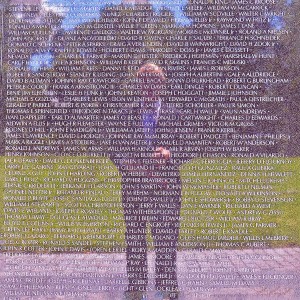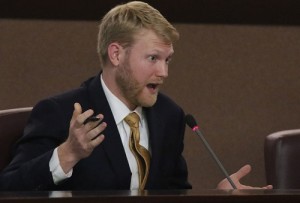Mike was older and I thought invincible. One day he summoned us to visit him at a hospital. Mike was having tests and, when we were alone, he said, “I feel great, don’t feel any different.” He paused, struggling to understand what he felt, “but they tell me I have cancer that will likely kill me. It doesn’t seem possible. But I’m going to fight it.”
Mike took the painful therapy to combat the cancer but, in the end, it was too much for him and he cut short his own life.
What incredible pain or suffering makes life not worth living and compels one to desire death instead?
We understand intuitively that those who jumped from the World Trade Center on 9-11 to avoid the intense heat and flames were suicides only technically, that they were more like homicides, forced to choose how to end their lives.
In recent days, we have had two celebrated persons who seemed to “have it together” and yet they took their lives.
The Kate Spade news headline that Kate had taken her life prompted one lady close by to say involuntarily, “No, it can’t be.” It wasn’t the purses that Kate designed, so chic, functional, artful, and “different,” though that was part of it, some have said. It was how Kate made others feel, her vision of life, now suddenly ended. Kate’s husband said, “There were personal demons she was battling.” Continue reading



